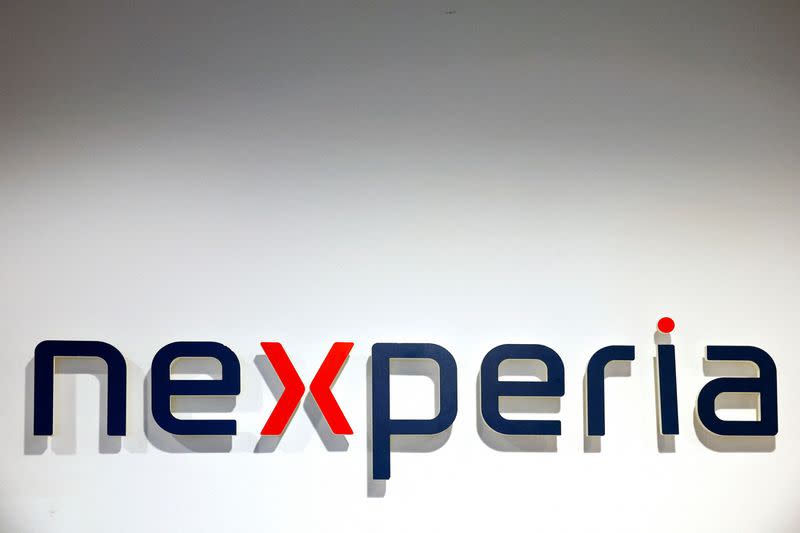Chinese-owned chipmaker Nexperia invests $200 million in European expansion

By Toby Sterling
AMSTERDAM/HAMBURG (Reuters) -Nexperia, one of the world's largest makers of basic semiconductors such as diodes and transistors, said on Thursday it would invest $200 million to expand capacity at its main production site in Hamburg, Germany.
The investment by Dutch-headquartered Nexperia, owned by Chinese electronics maker WingTech, is a rare example of a computer chip investment made in Europe without assistance from state subsidies under the EU's Chips Act launched in 2023.
It also comes as the European Union is considering whether China is unfairly subsidising domestic Chinese production of simple "legacy" chips, found in cars, electric systems, smartphones and industrial applications. Nexperia has all its manufacturing and intellectual property in Europe.
Electric cars, "green energy and digitalization are inconceivable without our products," CFO Stefan Tilger said in a statement announcing the investment decision. "They are the nuts and bolts that make new technologies possible."
Nexperia makes 100 billion such chips annually, nearly a quarter of the world's supply, with assembly and packaging in China, Malaysia and the Philippines.
The Netherlands-based company competes with Texas Instruments, Infineon and NXP in automotive markets, with about 10% of sales going to customers in China.
"We have a very ambitious, steep growth curve head of us," said Nexperia advocacy chief Hannes van Raemdonck told Reuters, adding the company was investing now to benefit from trends including electrification and the increasing number of semiconductors used in cars.
"Everything will simply require more chips to power things, (and) that's our core business, power semiconductors," he said.
INCREASED SCRUTINY
Since its $3.6 billion acquisition by WingTech in 2018, Nijmegen, Nexperia has been subjected to increasing scrutiny by European governments.
In 2022, the British government forced it to divest a factory in Newport, citing security concerns.
In 2023 the German government disqualified it from receiving a subsidy to develop a battery efficiency technology. And the Dutch government approved its purchase of Nowi, a startup, after retroactive vetting.
Van Raemdonck said Nexperia competes with Chinese firms and he appreciated European policies aimed at ensuring its companies remained competitive.
However, he was sceptical of concerns that Chinese companies were investing in overcapacity.
"I don't think it's correct to speak of flooding the market," he said. "I can't speak for China obviously, but I think most of the Chinese ramping-up is happening to meet domestic demand."
Nexperia plans to add lines in Hamburg making two types of "wide bandgap" chips, which are used in electrical infrastructure, using Silicon Carbide (SiC) and Gallium Nitride (GaN).
These chips are favoured over regular silicon chips for their efficiency, speed, light weight, and ability to function under hot conditions and high voltages.
($1 = 0.9352 euros)
(Reporting by Toby Sterling; Editing by Emelia Sithole-Matarise)

 Yahoo Finance
Yahoo Finance 